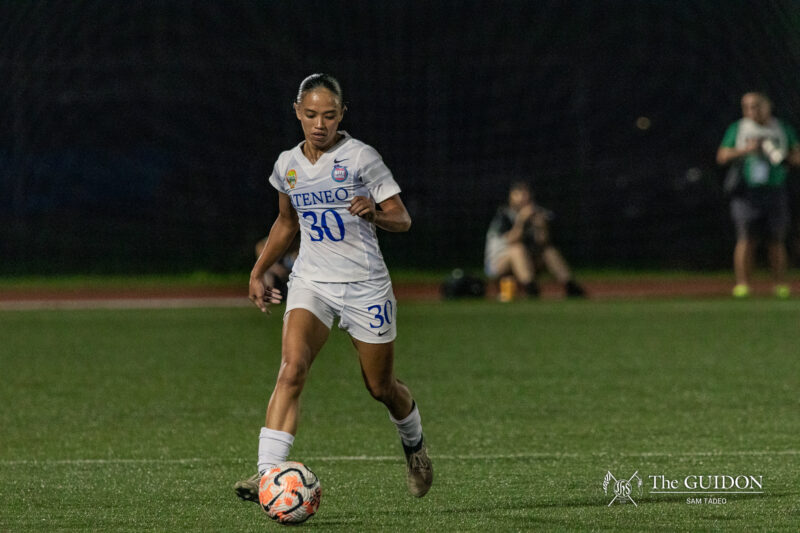Akbayan Party-list is currently pushing for the Students’ Rights and Welfare (Straw) bill in the halls of Congress. If passed, the said bill would have great implications for both the student body and the school administration—for instance, on the Office of Student Activities’ (OSA) Project Management System. Some of the Straw bill’s most notable provisions—in connection to the already existing Loyola Schools (LS) student magna carta—areas follows.
Right to organize
The Straw bill guarantees the students’ right to organize, as is already stipulated in the LS student magna carta. This provision institutionalizes such a right for the entire Filipino studentry, the majority of which isn’t protected by a magna carta.
Free association
The bill seeks to ensure that “no student shall be denied admission, expelled from an educational institution, [or] punished… on the basis of his/her membership in student organizations.” This allows students to feel secure about their place in campus when they decide to join orgs.
Accreditation powers
The bill provides that OSA, in coordination with the Sanggunian, “shall take charge in the accreditation of student organizations,” but differs with the LS magna carta when it comes to who sets the accreditation standards. The magna carta says that the Council of Organizations of the Ateneo will set these standards with OSA; the Straw bill, meanwhile, only ascribes this task to “the student council and the heads of all student organizations.”
Free facilities
Currently, the magna carta guarantees the students’ observer role in the affairs of the highest policy-making body of the university, the Board of Trustees. The Straw bill, though, mandates that there be a “student representative in the highest policy-making body of the school… [who has] the same rights as that of the regular members of the same body.” This entails voting powers for the student trustee, similar to the student regent in the University of the Philippines’ Board of Regents.
No waivers
The bill bans “acts that impair the right of students to organize.” This includes the “signing of waivers… that use membership to any organization as a basis for admission to or expulsion from schools.” La Salle is notable in this regard; for admission, students are required to sign a waiver that prohibits membership in any fraternity or sorority.
Editorial succession
The LS magna carta mandates that the annual selection of student publications’ editorial boards must be done with “competitive examinations to be administered by representatives of the respective publications.” However, the Straw bill is poised to change this by introducing outsider influence on the selection process; it stipulates that a board of judges with “professional journalists and representatives from the faculty [and] the student body” must administer the examination.
Student trustee
Currently, the magna carta guarantees the students’ observer role in the affairs of the highest policy-making body of the university, the Board of Trustees. The Straw bill, though, mandates that there be a “student representative in the highest policy-making body of the school… [who has] the same rights as that of the regular members of the same body.” This entails voting powers for the student trustee, similar to the student regent in the University of the Philippines’ Board of Regents.
Designated protest area
According to the bill, “school authorities are required to designate a certain area within school premises where students can express their grievances or organize activities.” This seems to place an additional restriction—a locational one—on students’ right to peaceful assembly, which is already guaranteed by the LS magna carta.
Lack of provision against militarization
It has been noted that the currently proposed Straw bill has no provisions banning the presence of military, police, paramilitary and intelligence detachments on school campuses, unlike previous versions of the bill or similar proposed measures. The LS magna carta, on the other hand, categorically forbids such militarization on campus, in order to secure an environment that is conducive to learning and the free pursuit of knowledge.






